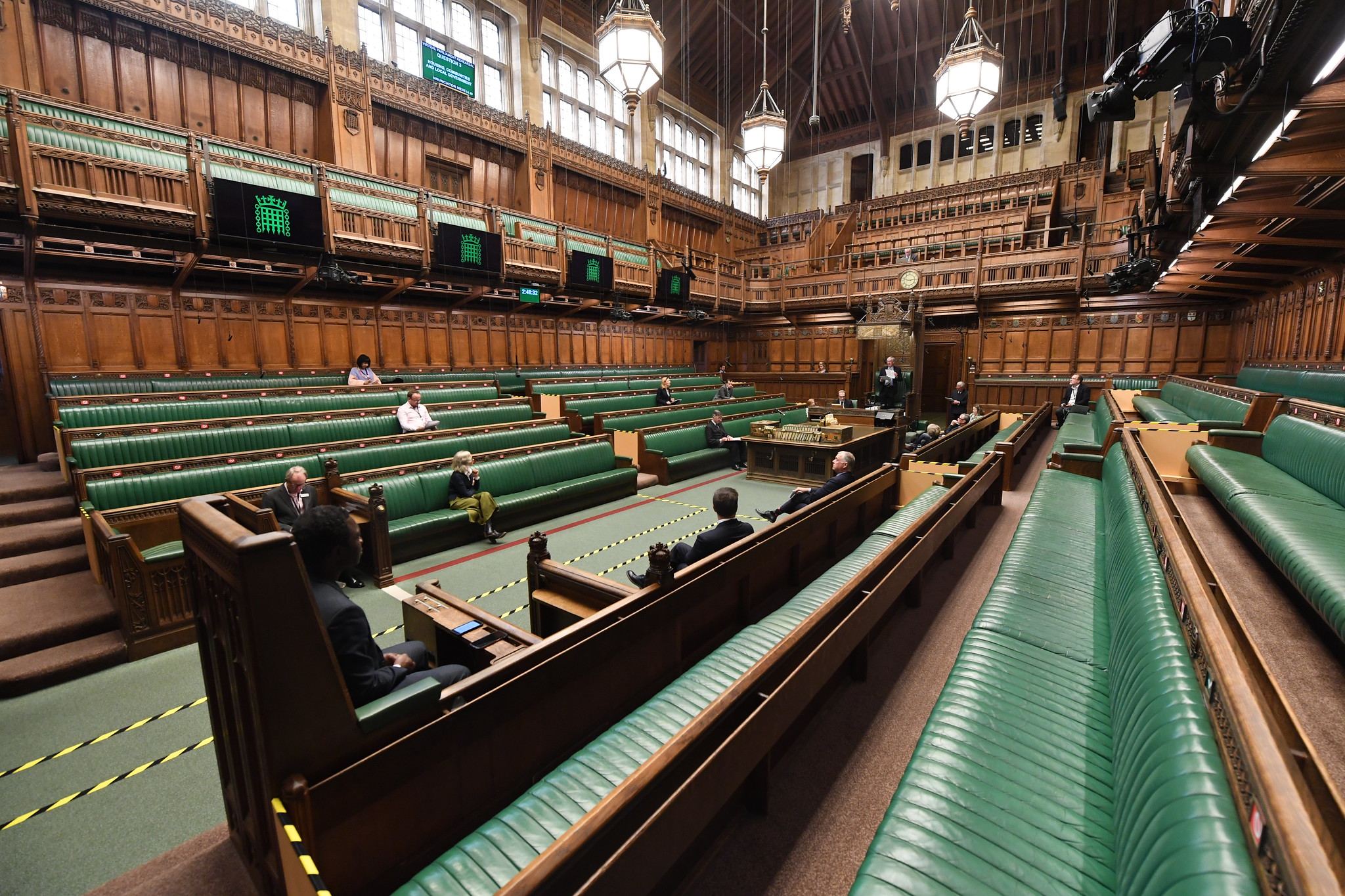
This Friday, Kevin Brennan MP’s Private Members Bill will be debated in the House of Commons. This Bill is an early response to the #BrokenRecord campaign and the subsequent DCMS Select Committee inquiry into the economics of music streaming. The Bill’s key proposal is the introduction of “equitable remuneration” for UK streaming royalties. Essentially, this would mean that a collection society would distribute a share of streaming income directly to artists in a similar way to how PPL currently distributes broadcast royalties.
There are many areas where reform is required in our industry.
- Many record deals are STILL constructed for a physical format environment with paltry royalty rates. These legacy agreements should be reviewed to reflect the new digital environment.
- Recouping production costs while still expecting “life of copyright” terms is anachronistic and unfair.
- There are some very legitimate concerns regarding the distribution of streaming income, especially with regard to these legacy agreements.
- Songwriters and composers are too often treated as 2nd class citizens with little due diligence required by record companies when providing songwriter and publisher metadata.
While Kudos welcomes renewed scrutiny of our industry, Kevin Brennan’s Bill, while well-meaning, could be regressive and ladened with unintended consequences. Knee jerk legislation is rarely good legislation. The government has established cross industry contact groups which include trade bodies, artists and other stakeholders who are working on evidence-led proposals. Enacting legislation at this stage, while these discussions and studies are ongoing, feels very premature.
Anyone who has any experience with dealing with large collection societies will tell you of inefficiencies and inaccuracies in data and accounting. Speak to any songwriter or publisher. Artists can expect exceptional accounting lag coupled with less accountability. If Kudos does not account in a timely manner, our labels can leave and move to a new distributor. However, if a collection agency is slow (and expensive) there is little recourse.
Also, many record companies invest heavily in artist development, especially in the early stages of an Artist’s career. It is important that labels have a robust recoupment mechanism, otherwise the incentive to make those initial investments is diminished. Taken at a national level, this could seriously disadvantage UK indie labels, with artists chasing advances in the US and Europe.
The Bill also creates layers upon layers of new red tape and a compulsory license environment where rights holders (Artists and Record Companies) will have less say in how their music is used.
Everyone will have a different opinion about this which will, of course, be informed by how you think it will affect you personally, as either a record label or a self-releasing artist. On initial reading, I very much doubt this Bill would produce any “winners” amongst the Kudos roster of labels and artists.
Broadly, I would echo AIM’s view that;
- We stand in solidarity with artists, and share their concerns – particularly legacy artists on old world deals that haven’t been updated.
- We agree the streaming market isn’t working for everyone and needs to adapt and change.
- We believe the Brennan Bill is unworkable, highly impractical, and would damage the smallest the most. It would push independent artists into the arms of the majors or overseas labels.
We would suggest our labels read Aim’s Brennan Bill FAQ here
https://www.aim.org.uk/#/resources/brennan-bill-faq
And and info page here (with instructions on how to contact your MP)
https://www.aim.org.uk/#/news/copyright-bill-letter-to-representatives

